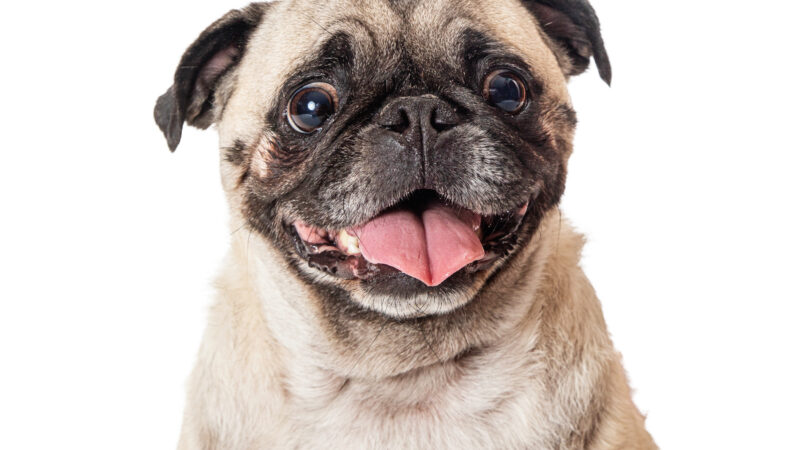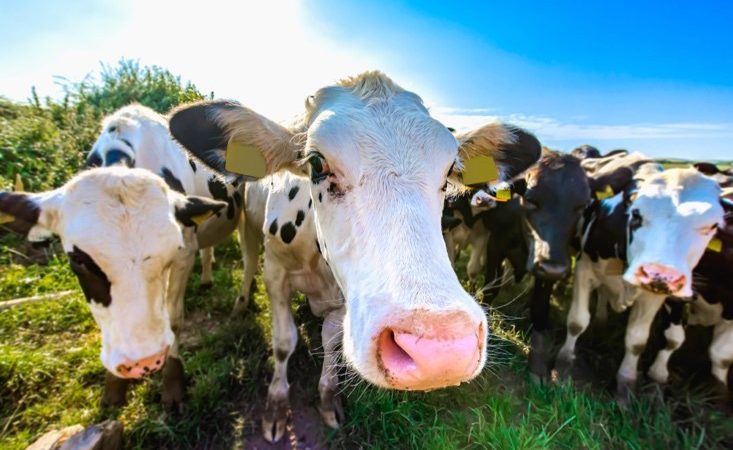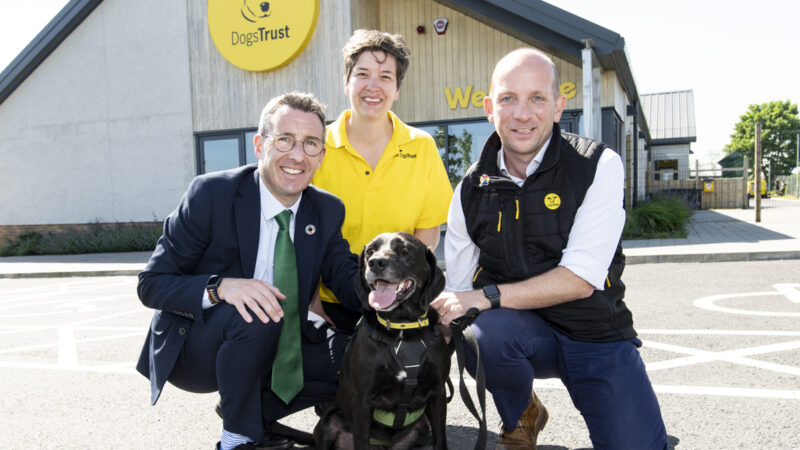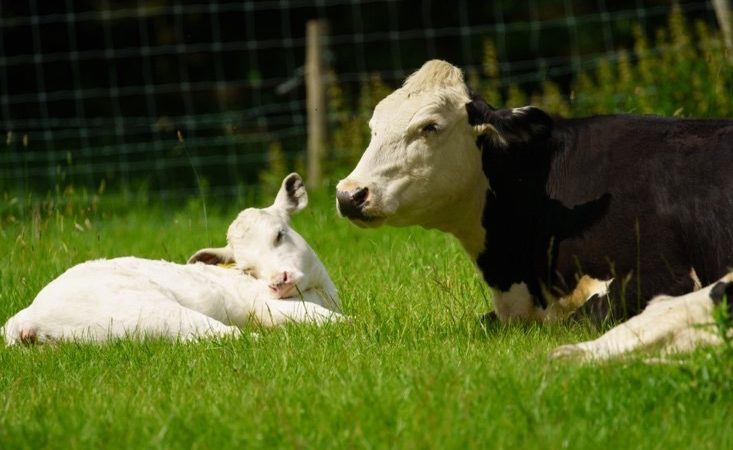Public warned over exotic disease risk from imported dogs
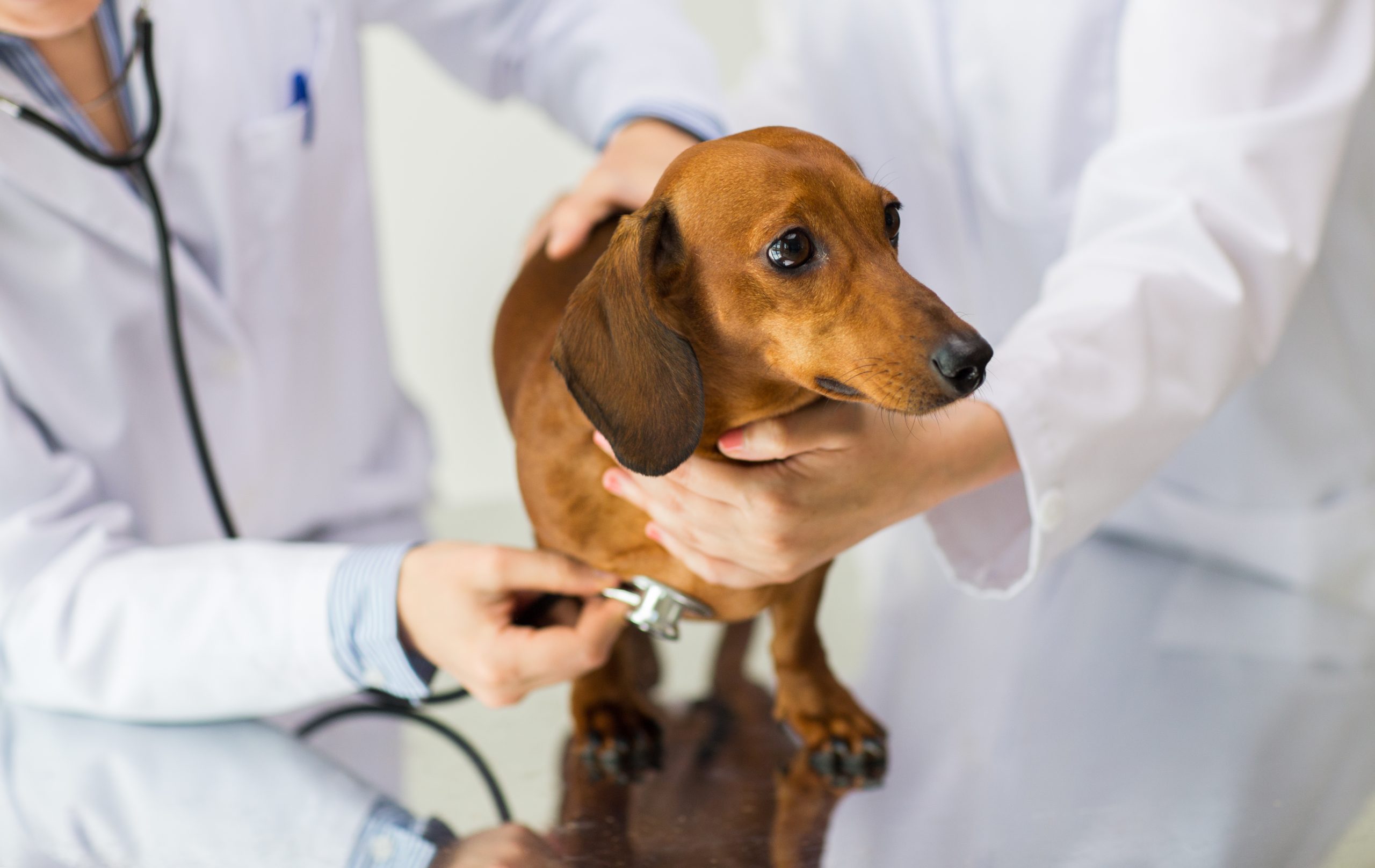
Would-be dog owners have been urged to protect the health of dogs and humans in the UK by opting for rehoming rather than importing pets.
The plea comes following news earlier this month about a positive Brucella canis test in a rescue dog imported from Belarus in March.
A woman fostering the dog was hospitalised after coming into close contact with it, in the UK’s first confirmed dog-to-human transmission of this zoonotic disease. The foster animal and four pet dogs who were exposed to the disease all had to be euthanised.
Stray dogs in some European countries and other parts of the world also pose a risk of harbouring other undetected and potentially life-threatening exotic diseases not found in the UK, such as leishmaniasis, rabies, canine babesiosis and heartworm.
There has been a sharp rise in confirmed Brucella canis cases since the start of 2020, rising from just three before that year to 107 till July this year. The dogs were all either imported from countries such as Romania, Bosnia, Greece, and Belarus, returned from holiday overseas, or been bred with an imported dog.
British Veterinary Association President Justine Shotton said: “With thousands of dogs needing homes within the UK, the British Veterinary Association is strongly urging prospective owners to adopt from a UK-based rehoming charity instead. You can also support organisations in countries abroad to rescue and rehabilitate any stray animals locally.
“If you already own an imported dog, be vigilant to symptoms of Brucella canis and other exotic diseases and call your local vet for advice on testing and treatment for any underlying conditions.”
While rescue dogs are a particular risk group for Brucella canis, importing any dog from countries with high levels of stray dog populations and known presence of the disease will carry a risk. This includes puppies bred for commercial sale in such countries. BVA advises anyone looking to adopt or buy an imported dog to make sure it has been tested for this disease and neutered before being brought into the UK.
A BVA survey of vets in 2018 showed that more than nine out of ten companion animal vets in the UK were concerned about the import of rescue dogs. Worryingly, 40% of these vets had seen new or rare conditions in their practice over the previous year that are associated with dog import.

